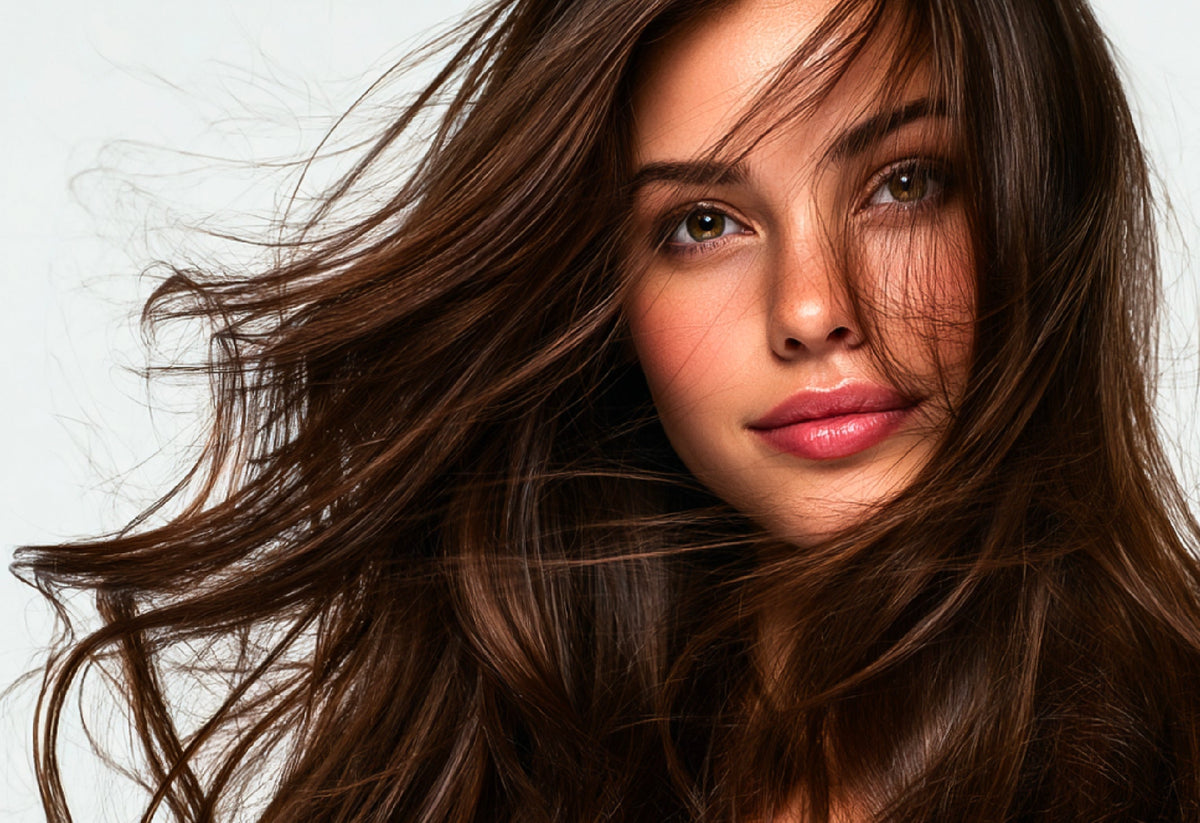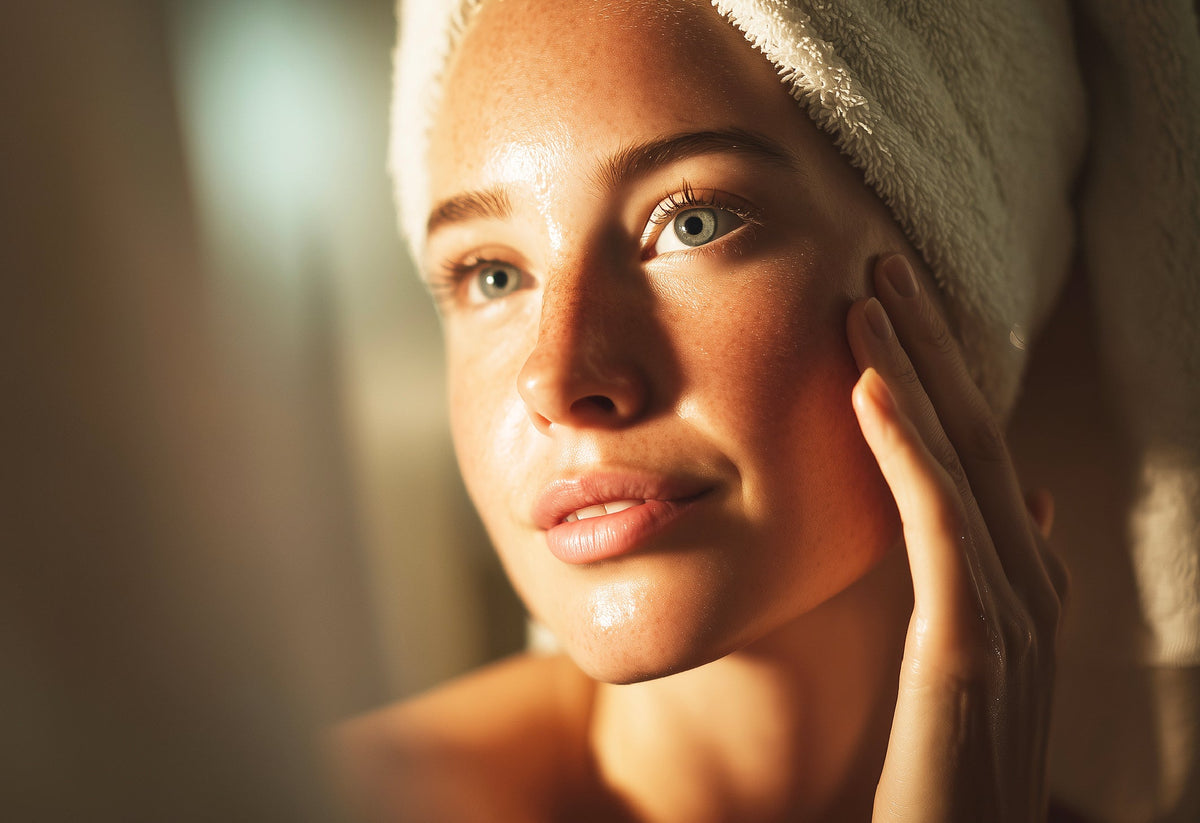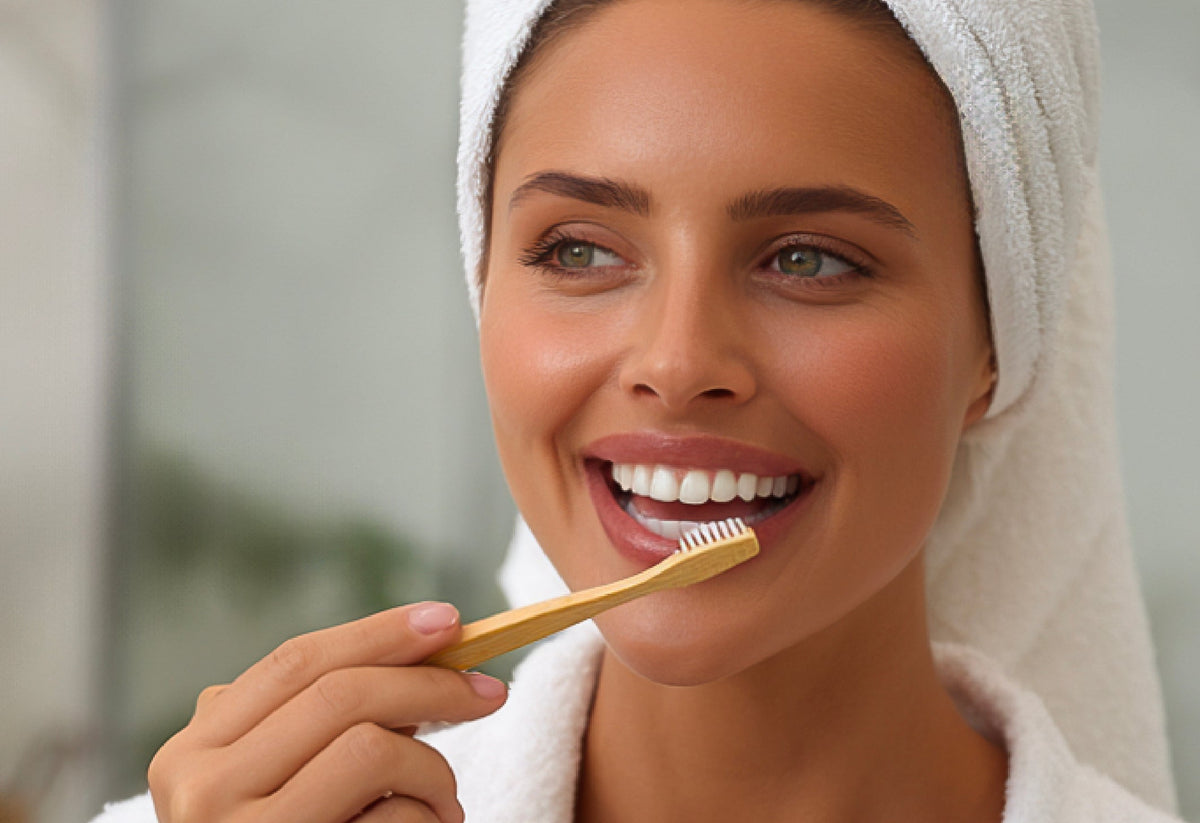Rapidly oiling hair throughout the day is a common hair problem faced by many. Hair that becomes heavy by evening, especially after being washed in the morning, can be both unsightly and uncomfortable. So, what causes oily hair? Let's explore the causes and solutions.
Causes of Oily Hair
Excessive Sebum Production
Sebum, the oil our bodies naturally produce, protects the scalp. However, some people can experience excessive sebum production. Excessive sebum production is often caused by factors such as hormonal changes, stress, or an unhealthy diet. It can cause hair to appear oily and can cause scalp discomfort. This sebum imbalance is often the primary cause of oily hair. Besides causing aesthetic concerns, oily hair can also lead to clogged hair follicles and hair loss. Choosing the right hair care products and regular cleansing are crucial for managing excess sebum production.
Frequent Washing Habit
Contrary to popular belief, frequent hair washing can negatively impact hair health. It disrupts the scalp's natural balance, drying it out and causing the body to produce more oil. While frequent washing aims to keep hair clean, it can have the opposite effect over time. Dry scalps increase sebum production, causing hair to become dirty more quickly. This cycle is an important aspect to consider when caring for your hair. For healthier hair, it's recommended to reduce the frequency of washing and use appropriate shampoos.
Wrong Product Use
Using the wrong products can negatively impact hair health. Products containing silicones and sulfates, in particular, can cause buildup on the scalp, disrupting the hair's natural balance. Chemicals can cause hair to dry out and appear lifeless. Those experiencing oily hair should avoid these products, which can exacerbate the condition. Instead, opting for products with more natural ingredients is an important step in maintaining hair health. Natural products nourish the scalp and help balance oiliness.
Hormonal Imbalance
Hormonal imbalance is a significant problem faced by many women. Hormonal changes, particularly during periods such as puberty, menstruation, pregnancy, and menopause, can trigger oily hair. During these periods, the body can struggle to maintain hormonal balance, leading to oily hair. Overactivity of the scalp's oil glands is often associated with hormonal fluctuations. Fluctuations in estrogen and progesterone levels, in particular, can affect hair health. To manage oily hair, taking measures such as a healthy diet, regular exercise, and stress management to maintain hormonal balance can be beneficial.
How to Treat Oily Hair?
Oily hair is a common problem faced by many people. There are some simple ways to manage it. First, reduce the frequency of washing: Washing 2-3 times a week is ideal. This helps your scalp maintain its natural oil balance. Choose lukewarm water; too hot water dries out your scalp and disrupts its oil balance. When washing your hair, gently massage your scalp. This helps increase blood circulation and balance oils. Pay attention to your diet. Reducing your intake of oily and processed foods can positively impact your hair health. A balanced diet can help balance your scalp's oil production and achieve a healthier appearance.
Use shampoos with natural ingredients: You can choose products with clean ingredients, such as Bionaturca hair care products.
Daily Routine Suggestions to Reduce Hair Oiliness
The dirt and oil that accumulates on our hands throughout the day causes hair to become oily more quickly when touched frequently. Reducing this habit prolongs the time it stays clean. Minimizing touching our hair prevents oil from accumulating on our scalp, leaving it looking healthier. A pillowcase traps oil from the scalp and dirt from external factors. Changing your pillowcase at least once or twice a week helps keep your hair clean. A clean pillowcase helps reduce dirt and therefore oiliness. If you're using conditioner for dry ends, apply it only to the ends. Conditioner applied to the roots causes hair to become oily more quickly. For those who prefer to wash their hair several times a week, natural dry shampoos will help reduce the appearance of oil.
You May Be Interested In: What is the Aloe Vera Plant?





0 comments